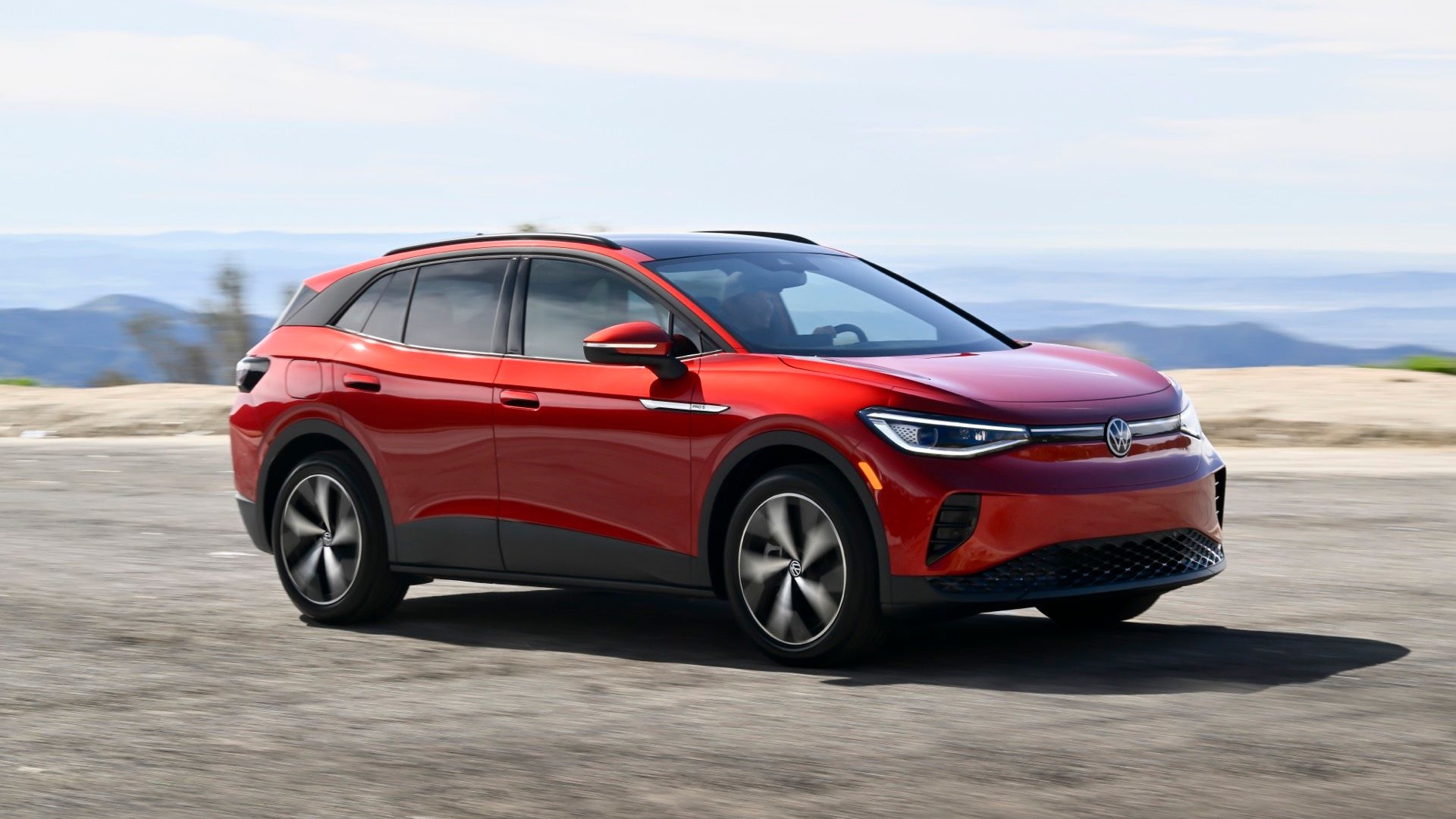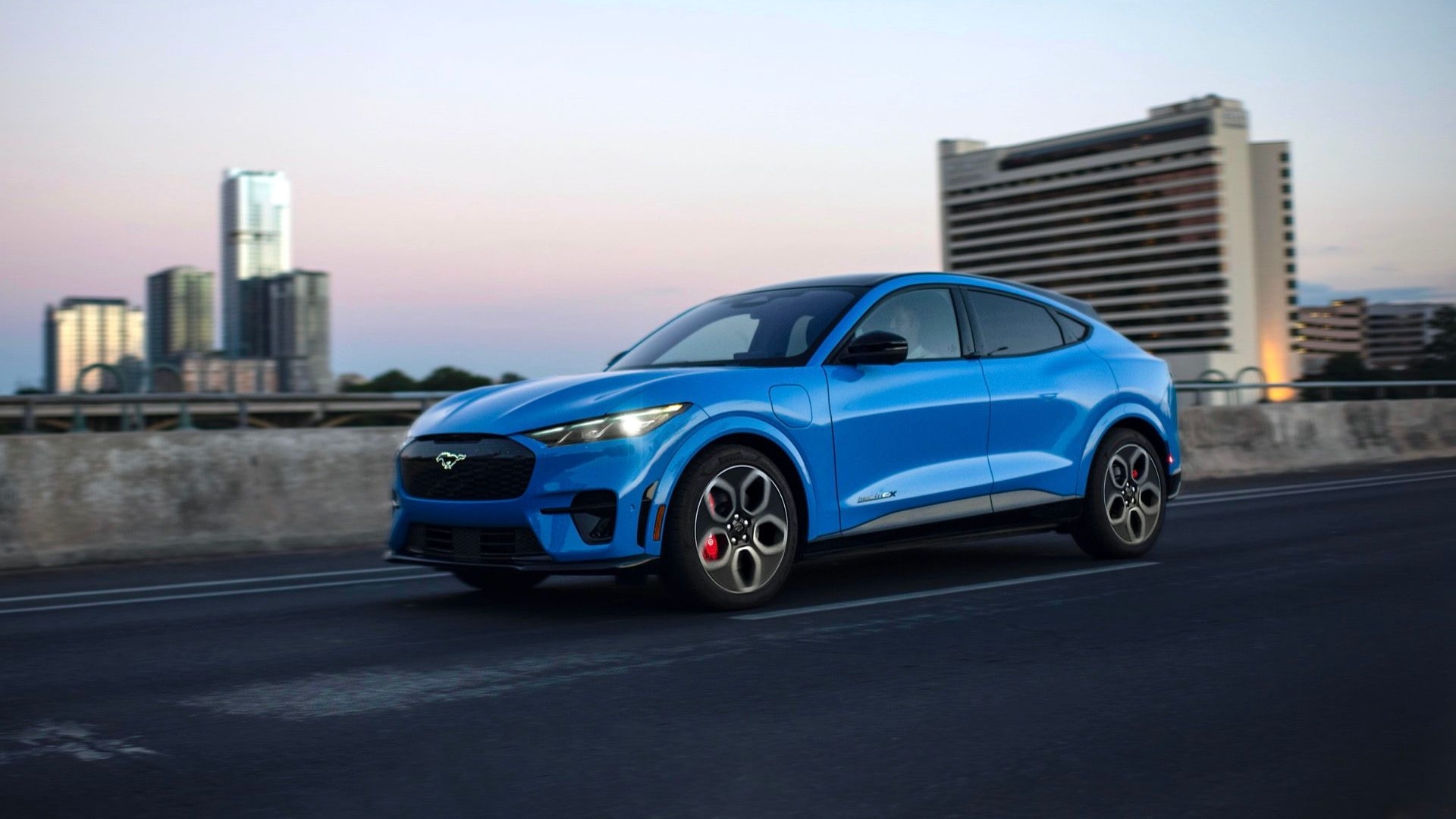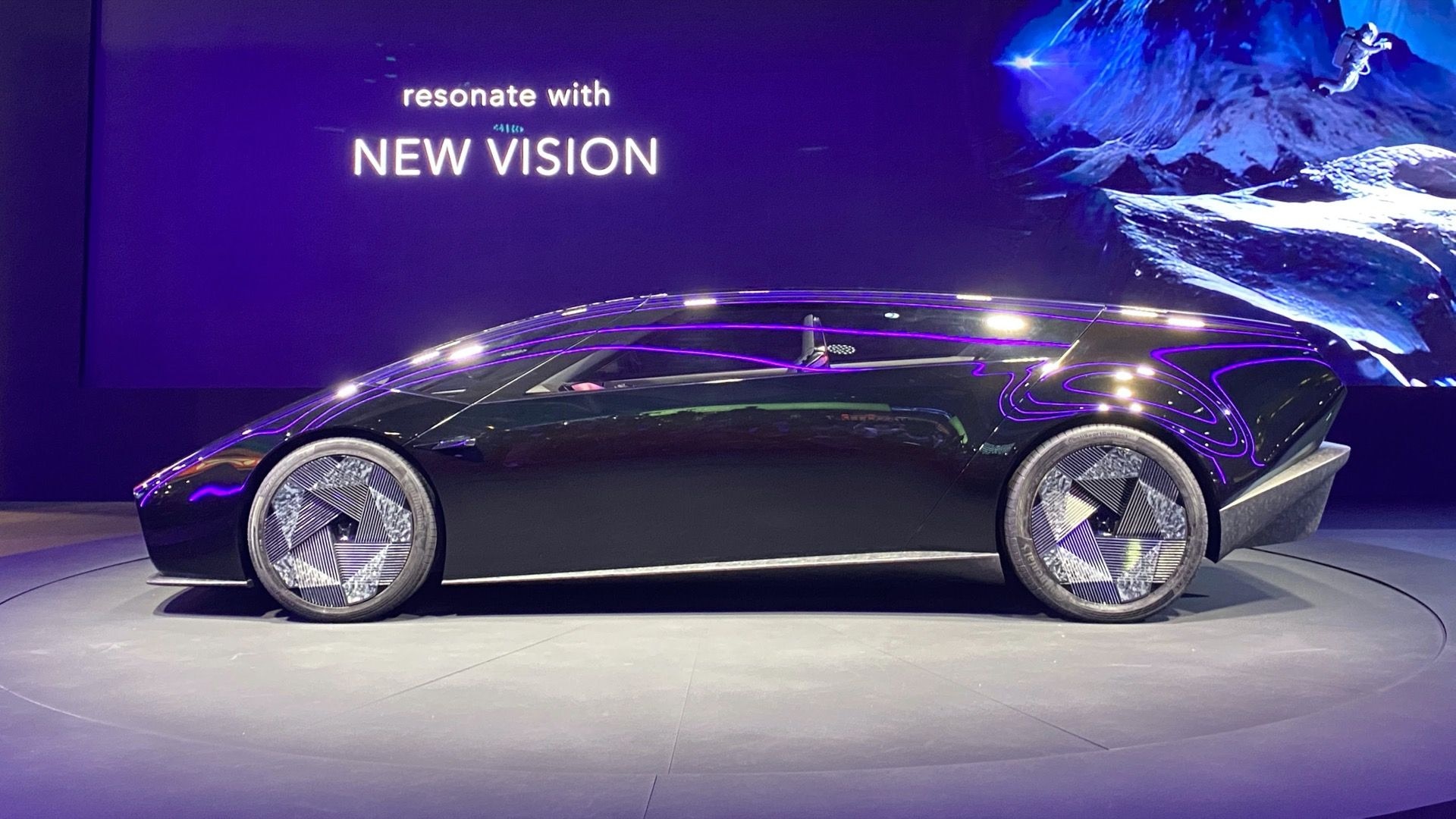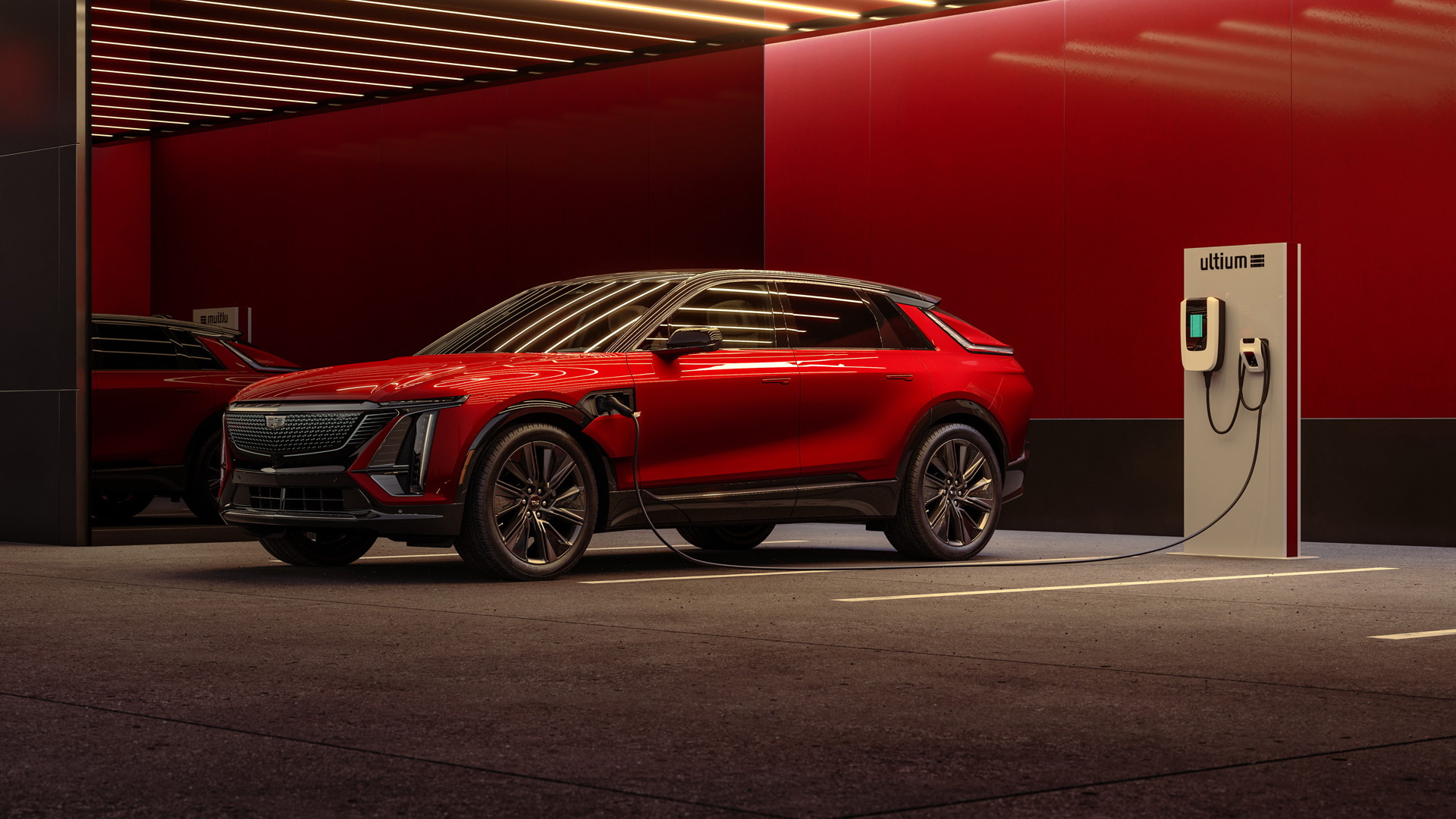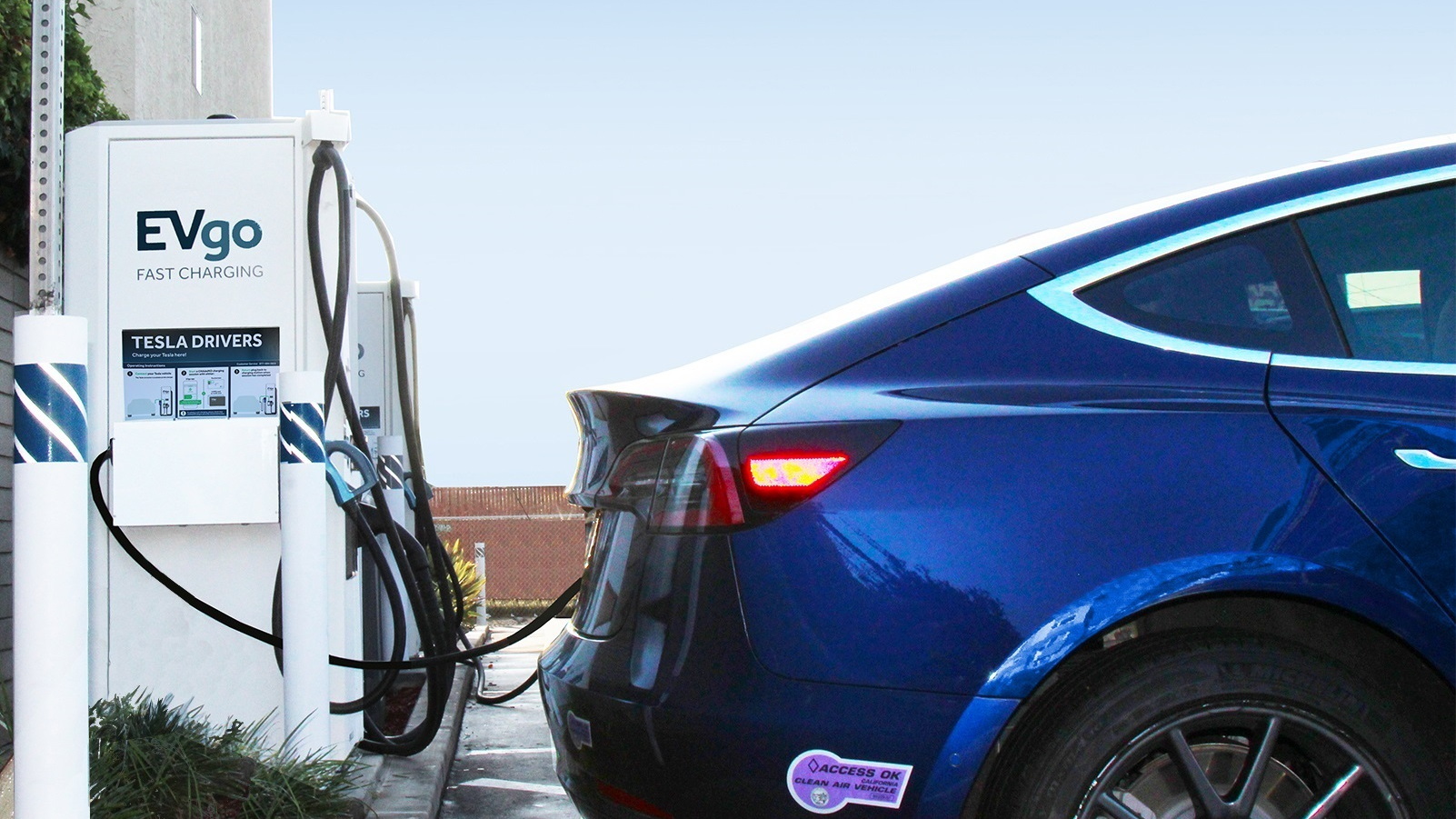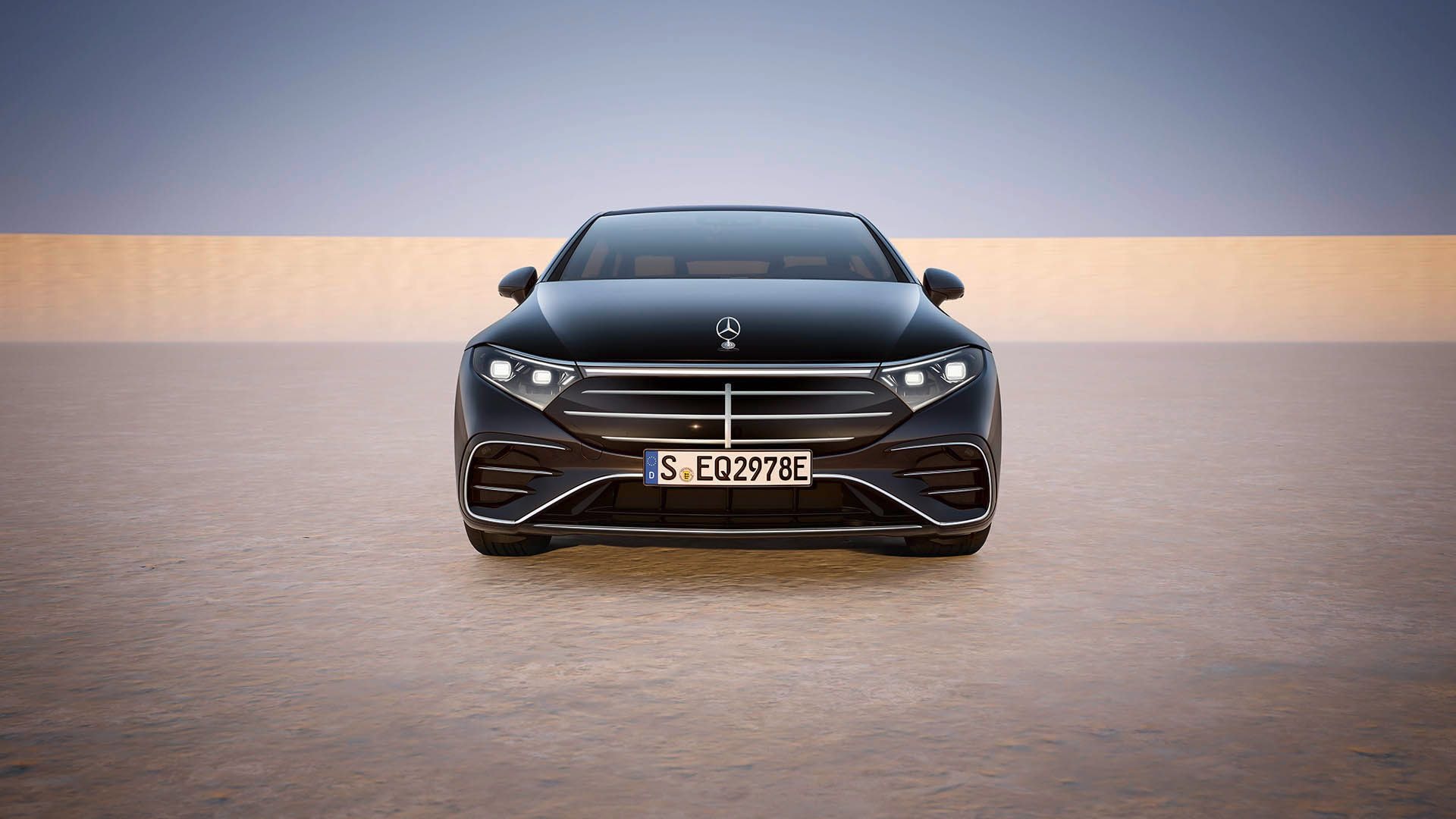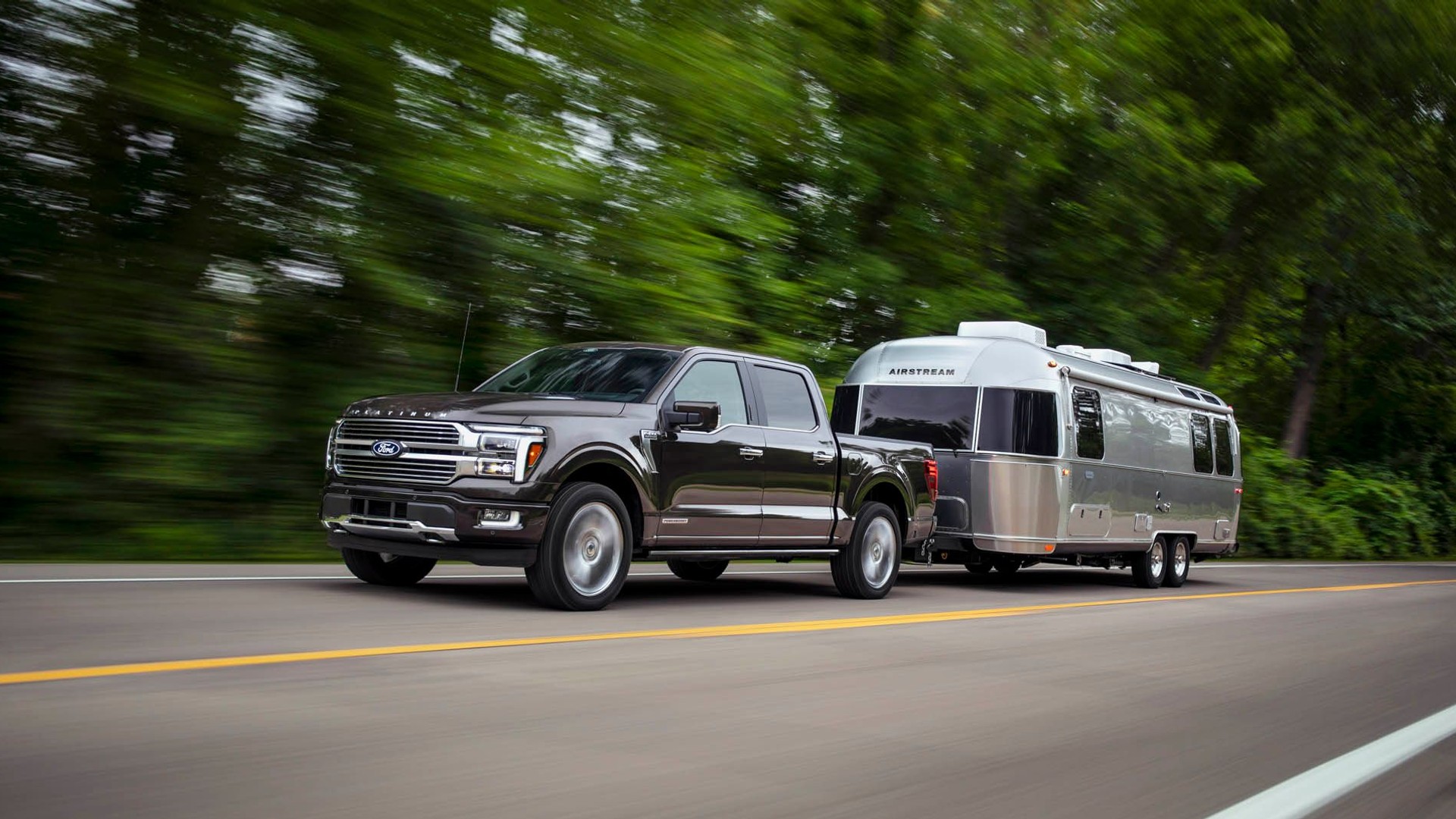Nissan on Monday announced it had started production in China of a Nissan Leaf-based sedan called the Sylphy. The company first introduced the car at the Beijing auto show in April.
China, the world's largest market for electric cars, also leans heavily toward sedans.
The Sylphy stretches the Leaf's wheelbase to give it more rear passenger space, a key consideration in China where many buyers wealthy enough to afford new cars can also afford chauffeurs to drive them. As a result, large rear seats are considered a status symbol in any car.
DON'T MISS: Nissan sells its battery business, 225-mile Leaf e-Plus to get LG Chem batteries
It also represents the first implementation of Nissan's larger battery pack for the Leaf, which the company says will have 210 miles of range, up from the Leaf's 151-mile U.S. EPA rating.
The 2019 Nissan Leaf e-Plus with the larger battery pack is expected to earn at least a 220-mile EPA range estimate in the U.S.
"China is already the world's largest automotive market. But China isn't just a leader in terms of market size: It stands at the forefront of the development of the industry itself," said Nissan President and CEO Hiroto Saikawa. "The market is now evolving extremely quickly, especially in the areas of electrification and connectivity. In fact, China is expected to lead the world in the adoption and spread of EVs in the coming years."
CHECK OUT: Nissan Leaf Pro-Pilot Assist and range-anxiety review
He added that the Sylphy will be the first of five electric cars Nissan will launch in China by 2019 under various brand names though partners and on its own. The Sylphy will be built at Nissan's factory in Huadu, which it shares with partner Dongfeng motors. Along with the announcement that it had started production of the Sylphy, Nissan announced that the joint-venture had produced 10 million vehicles since it started production.
It will "pave the way for Nissan's Intelligent Mobility strategy in China," he says. Intelligent Mobility is the name Nissan gives to its self-driving vehicle efforts, which started with the Pro-Pilot Assist system on the Leaf.




